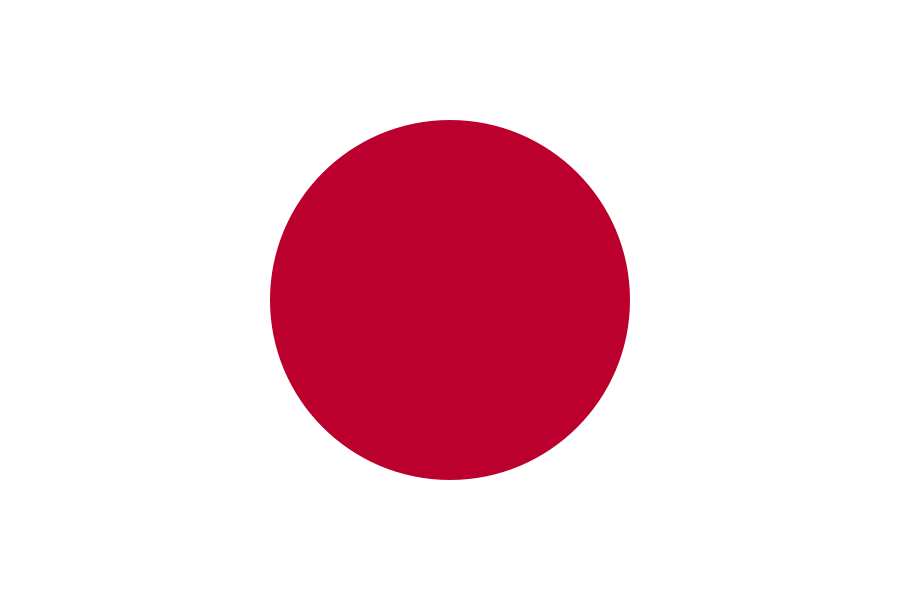Following up on my previous post about how Japanese culture has been a part of not just my life but most Western children’s lives, my very first memory of Japan and its traditional culture was back in Grade 3 when a friend and I made a presentation on the country. My Dad worked with a Japanese lady and she gave us a newspaper and a flag to use in our presentation. I remember this was the first time saying the word konichiwa, “hello”.
But I can’t say that I really ever thought of going to Japan even during/after the Winter Olympics in Nagano. Nor did the fact that my first meeting with an ESL teacher who had been teaching in Japan for seven years, still, nothing really attracted me. And since going to China I’ve heard my students talk about the place with such fondness it’s as if we live in an alternate reality.
Historical events aside, Japan holds a special place in many people’s hearts and minds but I can’t say it has ever really been in my mind. The country has always just sorta “been there”. I wonder if it is possible that, due to its cultural soft power, the country and its culture have simply become an accepted foreign entity in a heavily Westernized world. Given all of its contributions by way of culture and technology, would you consider Japan to be “Western” or “Far Eastern” or, more appropriately, when you hear someone say “Asian” do you think of Japan or some other country and culture? To put it another way, is Japan still exotic?
And so that leads me into the reason for my current trip. I want to go to the country to see what it is like in person. What is all the fuss about? What do people find so charming and attractive about this place? And given all the media about “Abenomics” and the country’s lost decades (from 1990 and still going on), how are people faring in these times? How is the food? Is the sushi really “that good”? Is it really that clean? Furthermore, is the reputation of being a highly technologically advanced society and country true? (Reading the article about the 2007 earthquake by The Onion still makes me laugh, though I understand the seriousness of disaster.) And then there’s the mention of “octopus” that arouses any number of images to people who hear it. And what is it about Japanese culture and its characters that attracts so many people? The list goes on.
Finally, there is this quote by one of the contributors to Lonely Planet: Japan (2015):
“From the splendour of a Kyoto geisha dance to the spare beauty of a Zen rock garden, Japan has the power to enthral even the most jaded traveller.”
The above quote can be found on the back cover of the latest edition (2015) of the Lonely Planet: Japan guidebook from one of its long-time contributors, Chris Rowthorn. Although Mr. Rowthorn has lived in Kyoto since 1992 and runs tours throughout Japan, something had to initially grab him. Something must’ve driven him to stay here. Was it just the difference in the way of life from his home country? Was it the employment prospects at the time? Was it a woman or women? Maybe those questions are better directed at Mr. Rowthorn himself instead of the rest of Japan.
And so, with that, I’m off to catch a glimpse of what Japan is right now and, possibly, figure out what it is that attracts so many people to this country and its culture.
